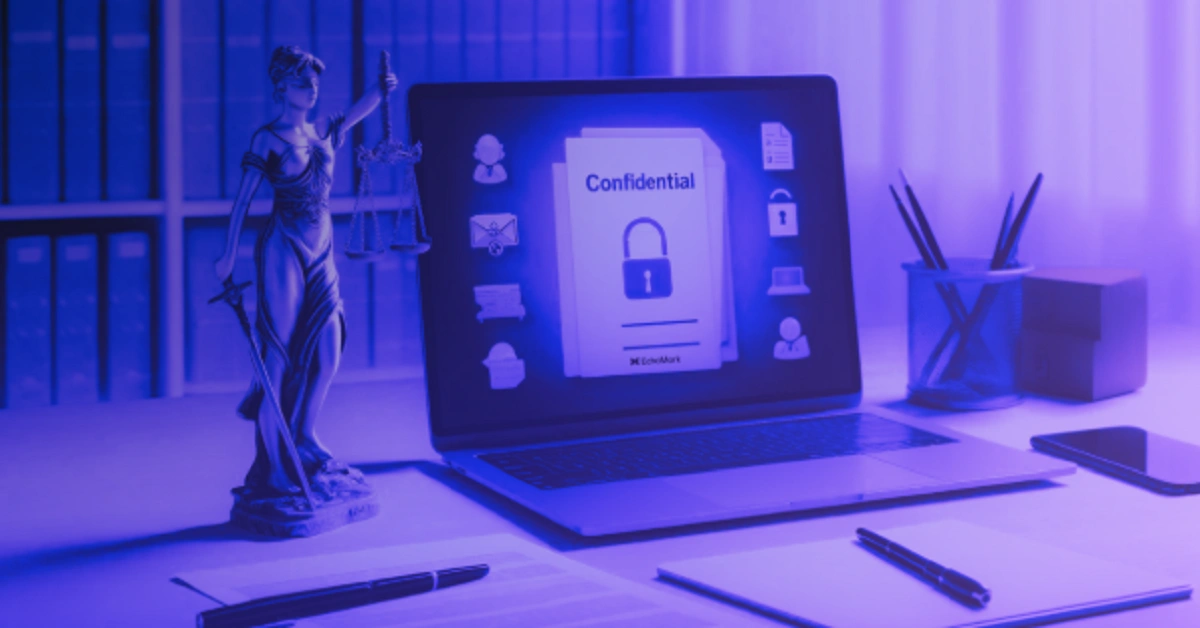Introduction to Leakslove
In the age of social media and constant connectivity, the concept of privacy has become more complex than ever. One of the emerging phenomena tied to the internet is “leakslove.” While this term might not be widely recognized by everyone, it has gained traction in specific online communities, especially those that involve the sharing of personal information, often without consent. Understanding what leakslove is, how it affects people, and what it means for the future of privacy is essential in today’s digital world.
What is Leakslove?
“Leakslove” refers to the act of revealing or exposing someone’s private details—whether personal, emotional, or otherwise—without their consent, often for the purposes of shock value, entertainment, or sometimes even revenge. It’s a term that has evolved alongside the increasing number of online leaks, whether they be about celebrities, private individuals, or even corporate entities. The term blends the notion of leaks (unwanted exposures) with “love,” implying that the leak may have a hidden or twisted element of admiration or affection from the leaker.
Origins of Leakslove
The origins of leakslove are rooted in the rapid growth of social media and the increasing cultural acceptance of sharing personal details online. In the past, leaks might have referred to information about celebrities or high-profile public figures. However, as social platforms like Instagram, Twitter, and TikTok grew, ordinary individuals became exposed to similar risks. Leakslove, in this context, emerged as a way for some people to blend affection with exposure, creating a complex emotional reaction to these leaks.
How Leakslove Affects Users
For many, being involved in leakslove can lead to a range of emotional and psychological impacts. Victims of leaks may experience feelings of embarrassment, shame, and violation of their personal space. The idea that their private life has been exposed to the public can cause lasting emotional scars. On the other hand, those who initiate or partake in leakslove may do so out of a sense of curiosity, entitlement, or sometimes affection—though their actions might unintentionally harm the other party.
The Role of Leakslove in Modern Society
In today’s digital age, privacy is constantly being redefined. With more people sharing their personal lives on social media, the lines between public and private have blurred. Leakslove plays a role in shaping this new reality by highlighting how personal boundaries are increasingly compromised.
Social Media and Leakslove
Social media platforms are perhaps the most significant contributors to the rise of leakslove. As individuals post more about themselves—photos, videos, opinions, and intimate moments—the opportunity for leaks increases. The fascination with the personal lives of others, especially celebrities or influencers, often leads to situations where leaks are shared for public consumption, regardless of the individual’s wishes.
Public vs. Private Leakslove
One of the key distinctions in leakslove is whether the exposure happens in a public or private setting. Public leaks typically garner widespread attention and can result in instant fame (or notoriety) for the person whose information was shared.
Ethical Considerations of Leakslove
The practice of leakslove raises serious ethical questions. Is it ever acceptable to share someone’s private information for personal gain or entertainment? How do we balance the rights of an individual with the public’s demand for access to personal content?
Is Leakslove Ever Justified?
In many cases, leakslove can be seen as an unethical violation of trust. However, some argue that if the leak reveals something of significant public interest, such as corruption or illegal behavior, it might be justified. For example, whistleblowers who expose wrongdoings may be regarded as acting in the public good, though their personal information could still be leaked in the process.
Legal Implications of Leakslove
There are legal repercussions associated with the unauthorized sharing of private information. Many countries have laws that protect individual privacy, especially when it comes to intimate details or confidential communications. Those who engage in leakslove can face lawsuits, fines, or even criminal charges depending on the nature of the leak and its consequences.
How to Protect Yourself from Leakslove
While the risks of leakslove are real, there are steps that individuals can take to protect themselves from becoming victims.
Preventive Measures
The first step in preventing leakslove is to be cautious about what you share online. Avoid posting sensitive information, whether about yourself or others, especially on platforms where you don’t have full control over privacy settings. Additionally, make use of privacy tools available on social media platforms, such as private profiles or restricted access for followers.
Handling Leakslove Effectively
In the event of a leak, it’s important to handle the situation with care. Additionally, it’s important to take legal action if necessary, especially if your privacy rights have been violated.
The Future of Leakslove
As technology continues to evolve, so too will the ways in which personal information is shared and exposed.
Advances in Privacy Protection
In response to the increasing concerns about leaks, there are growing efforts to enhance privacy protection. New technologies, like encryption and data protection services, are making it harder for unauthorized leaks to occur. Meanwhile, individuals and organizations are becoming more aware of the need to safeguard personal data.
Conclusion
Leakslove is a complex and often controversial topic that touches on issues of privacy, ethics, and personal boundaries. As digital spaces continue to expand, individuals and society as a whole must become more aware of the consequences of sharing personal information without consent.
